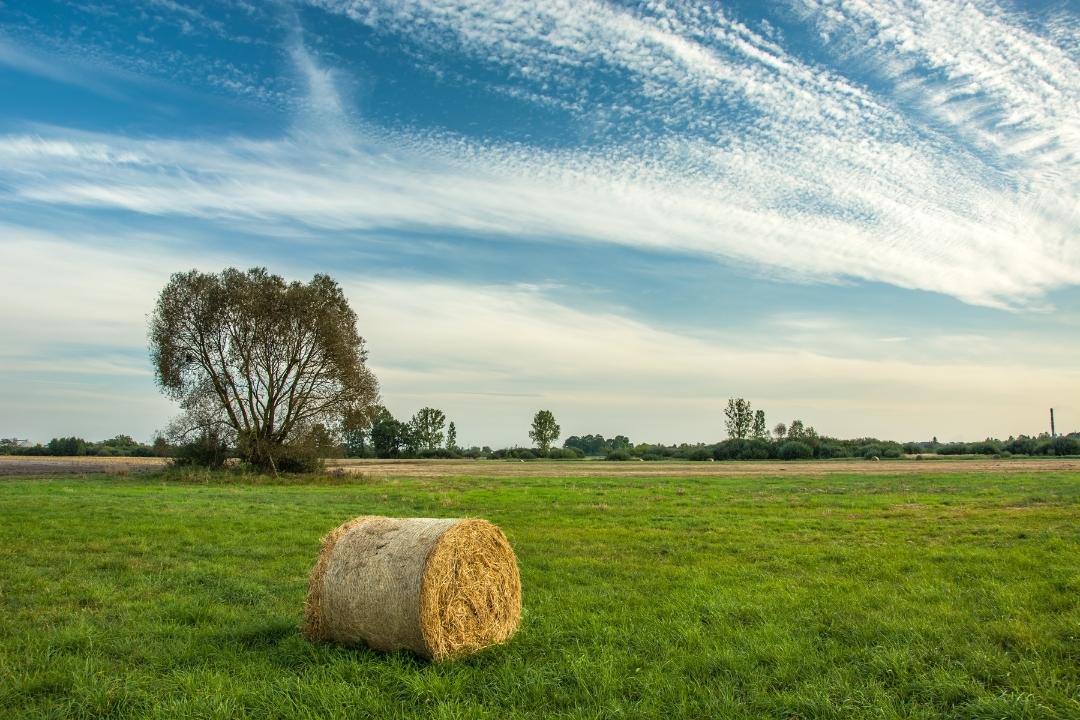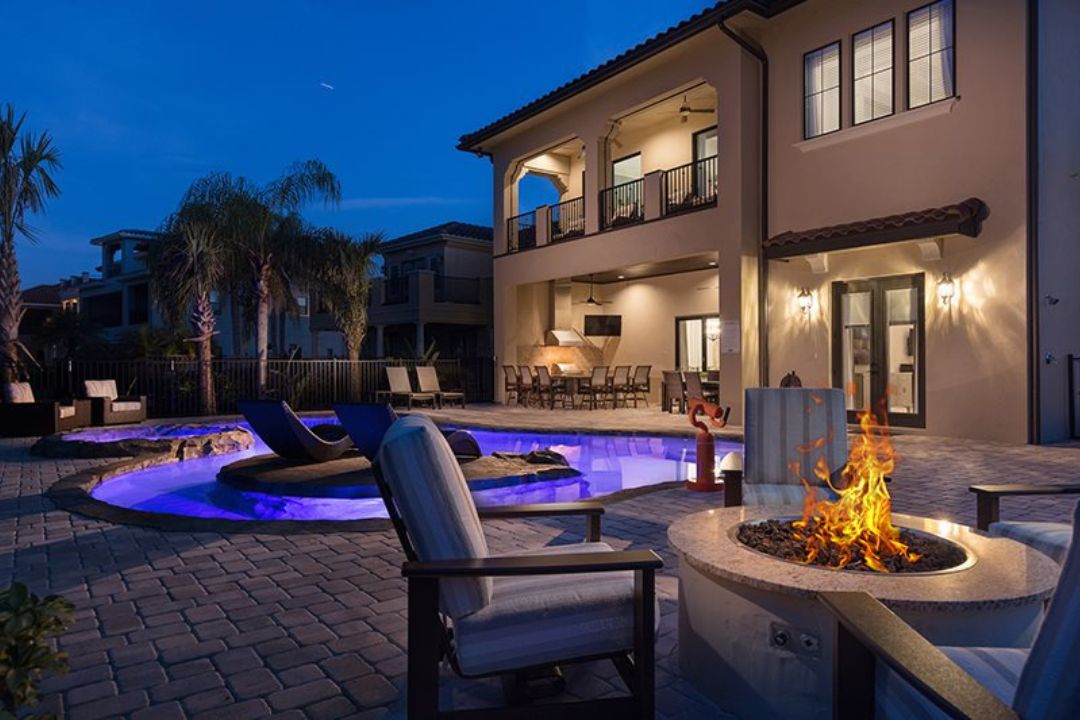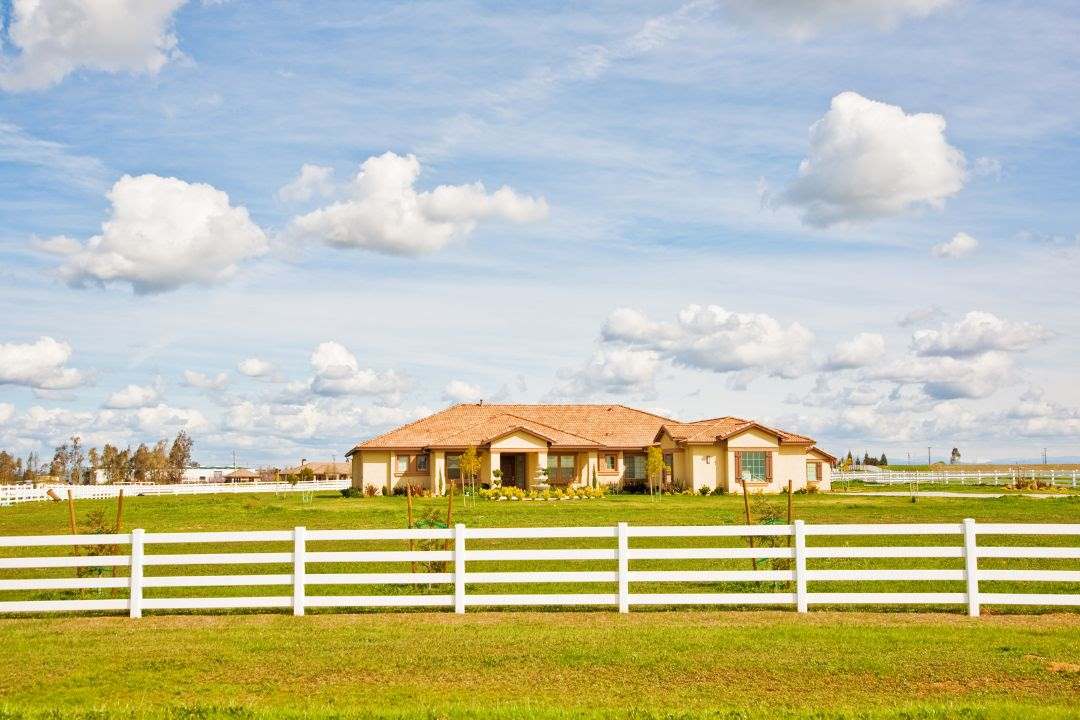Securing Rural Property Loans for large-acreage properties like rural homes, farms, or former farms is markedly different from suburban home buying. The challenge lies in finding lenders willing to finance these unique rural properties. Due to the difficulty banks face in reselling these properties in case of foreclosure, they often fall outside the scope of conventional financing, leading traditional bank lenders to avoid them. This guide delves into navigating the complexities of loans for rural and large-acreage residential properties.
These rural properties may include, but aren’t limited to:
- Any property where the value of the acreage is high relative to the value of the house itself;
- Properties with outbuildings (barns, storage sheds, riding areas, workshops, etc.);
- Raw, unimproved land (without running water, power, or septic service);
- “Off-the-grid” rural homes;
- Properties that generate or may be expected to generate income from farming and ranching;
- Vineyards and orchards;
- Manufactured or modular construction homes;
- Log homes; and
- Land for recreational use (camping, hunting, horseback riding, Motocross riding, ATVs).
These properties differ greatly, as do the various rural property loans and lending programs. That’s why it’s a great idea to speak with a mortgage broker who has experience working with many different lenders who understand this market.
Exploring USDA financing for rural property loans
The two major USDA loan programs can be a great option, but only in very limited circumstances. They are relatively easy to qualify for. And they are one of just a handful of programs that offer 100% LTV rural property financing.
But there are strict income limits: To qualify for a USDA-guaranteed loan, your income cannot exceed 115% of the median income for the area in which you plan to purchase. They are also not available to people who already own a home. Higher-income people and those who aren’t first-time homeowners under their criteria can’t take advantage of USDA financing.
USDA financing is also a residential lending program. It doesn’t work for buying operating farms of any size, or income-producing rural properties, in general. Even if you plan to live on the property.
Instead, borrowers should consult with an independent mortgage professional with access to many different lenders and experience with large-acreage rural property financing in various contexts. That gives you the best chance of getting matched for the best loan program for your situation – and avoid wasting time in applications and paperwork, only to get turned down.
Key factors lenders consider for rural property loans
When you apply for a mortgage on a rural or large-acreage property, lenders not only look at the zoning; they’ll also look very carefully at the intended or likely use of the property, and the usage of similar properties in the area.
For residential loans, lenders looking at large-acreage and/or rural properties apply the following criteria:
The site must be typical for the area
The property should have a size, shape, and topography that is generally conforming to and typical for the market area.
The site must have competitive improvements and amenities
Residential lenders want to know that the property has access to power and plumbing, street improvements, reasonable vehicular access, necessary easements, and other improvements and amenities that are typical in the area.
Lenders typically won’t approve applications to finance raw, unimproved land, or straight pasture or farmland under their residential loan programs. An independent broker can get your application for these types of rural properties in front of the right specialty rural property loan lender and save you a lot of time and effort.
The site must not include income-producing land or buildings to be used principally for producing income
Lenders in this space look carefully at any outbuildings on the property. Any outbuildings need to represent a relatively small part of the overall value. It’s acceptable to have a small storage shed or a barn for a personal workshop.
But if the current owner is raising a flock of chickens in the barn, or you have an operational silo that can store a large amount of grain, or a dairy cow pen, chances are the loan is going to be rejected under the lender’s residential loan programs. Even having a few goats on the property can cause a lender to turn you down under residential loan programs.
Additionally, the appraiser must also show that whatever outbuildings there are on the property, there’s a current viable market in the area with recent comparable sales for other similar properties with similar outbuildings.
If that’s not the case, then you’ll probably have to go with a lender that specializes in commercial or hobby farms.
It’s important to work with an experienced independent mortgage broker who understands which lenders are willing to lend on which kinds of farming, ranching, and other large-acreage or rural properties. That way, your broker can get your application to the right lender at the start of the process, avoiding wasted time and effort.

DSCR Loan For U.K. Foreign National To Purchase 10-Acre Property In Cooperstown, New York
We helped a non-U.S. citizen buy a beautiful rural colonial-style home and former inn situated on 10 acres in Cooperstown, New York.
In this case, the property had a small barn, which had been converted to a workshed.
Our client qualified for a great loan based on the property’s projected debt service coverage ratio (DSCR).
Click here to read more.
Financing options for EFU-zoned rural properties
Most residential rural property loans lenders won’t finance properties in areas zoned as “exclusive farm use” or “EFU.” This is true even if you have no intention of using the property as anything other than a residence.
However, we do work with a few specialized farm lenders that have a deep understanding of these types of properties and are willing to lend creatively on them.
We even have lenders willing to lend on land.
Understanding terms for rural property loans
You can expect to see a wider range of terms and provisions on rural, large-acreage, and mixed-use agricultural property mortgages than you will on plain-vanilla residential loans. For example:
- Interest rates will usually be slightly higher than a similar-sized mortgage on a suburban home on a more normal-sized lot.
- Down payments are usually higher (conversely, the maximum loan-to-value ratio is lower).
- Adjustable-rate loans are common.
- Terms may be shorter.
- Prepayment penalties are more common.
- Balloon payments are more common. Click here for an example of how we were able to help the owner of a Florida ranch-style home on a 40-acre lot refinance ahead of a looming balloon payment, despite an unconventional income source and agricultural zoning.
For these reasons, it may be more difficult to do an ‘apples-to-apples’ comparison of different loan programs and offers from different lenders than in the conventional financing world. It’s important to look at the details of each mortgage and emphasize the factors that are most critical to you.
If the property generates income, you may still have some terrific options besides a straight-ahead income-based mortgage. Read more about DSCR loans.
Get expert assistance on rural property loans
If you are looking for some creative rural property financing on a large-acreage, rural, or agricultural property in Florida or anywhere else in the country, call us today at 321-239-2781, or contact us here to discuss your situation. Whether you’re looking to buy or refinance a rural or large-acreage home, build on land, or acquire a working farm or ranch, we have the experience and the contacts to help match you with the best lender for your specific situation.









